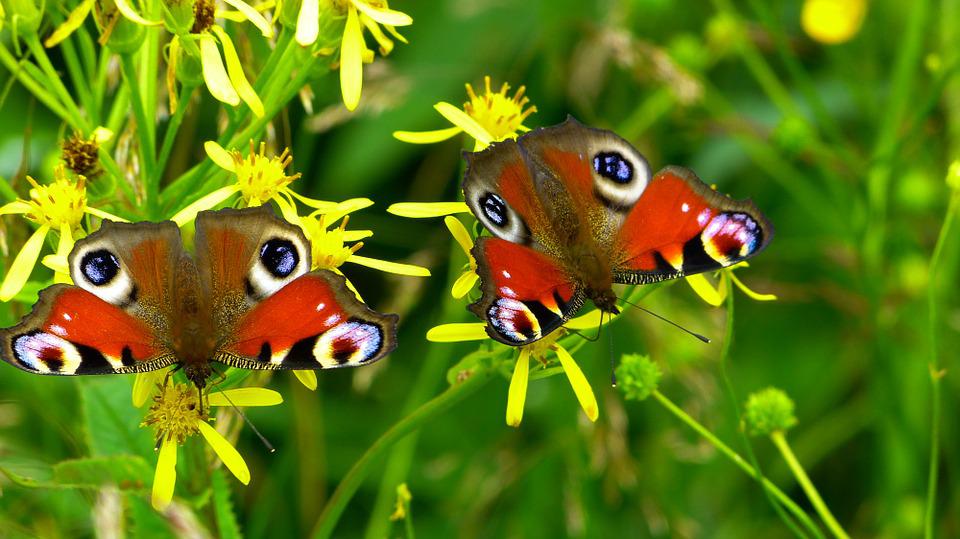
If you’re reading this, you’re probably looking to identify whether a critter in your garden is a friend or a foe. Thankfully, while insects do have a reputation for making pests of themselves, a lot of them can actually help to keep your garden healthy.
The bugs you want to watch out for are the ones that live in your lawn and feed on your grass. This can lead to your lawn becoming discoloured and damaged, which is the last thing you want with summer fast approaching!
These pests can very easily go unnoticed because they originate, thrive and reproduce beneath the soil. Due to this, it’s important to take action as soon as you detect a lawn pest infestation. You’ll be preventing extensive damage, and your garden will thank you.
If you suspect that your lawn is infested, contact Lawn & Weed Expert and book a free lawn survey – we will identify your lawn pests and get them under control with an appropriate treatment.
Still, as mentioned above, not all insects are bad news for your garden. Here’s some info to help you tell your enemies from your allies…
The Good Insects
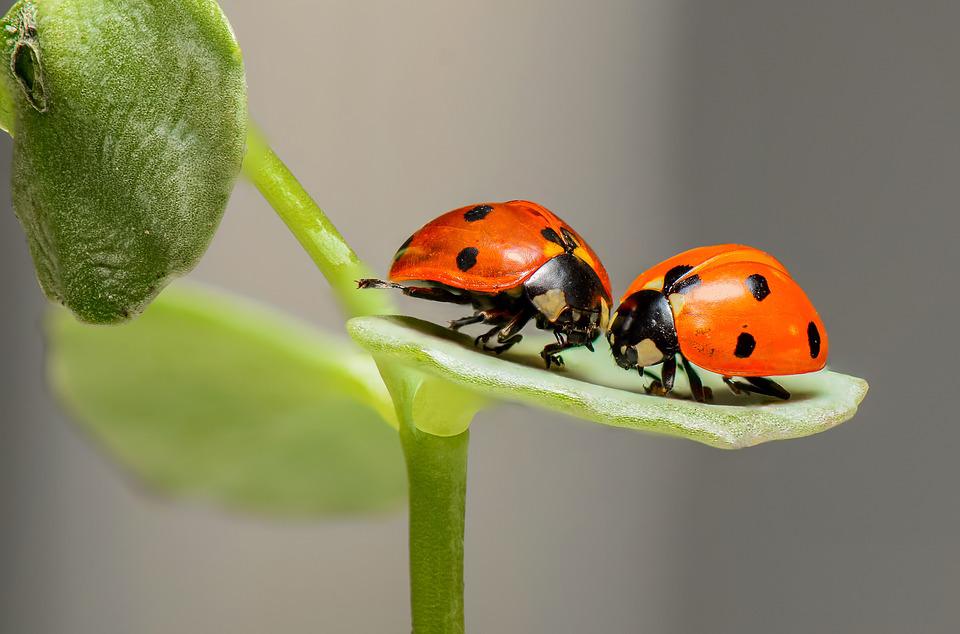
1. Ladybirds
These beautiful insects are popular within fairy tales, maybe because they can give your garden the happily ever after that it deserves. Ladybirds feed on aphids and red spider mites, both of which are extremely harmful to your garden and lawn.
The ladybird is brilliant at laying hundreds of eggs in the colonies of plant-eating pests, and she can eat up to 5,000 aphids in her short lifetime.
If you want to see more ladybirds around your garden, the following plants can help: Yarrow, Carpet Bugleweed, Alyssum, Penstemon and Fennel.
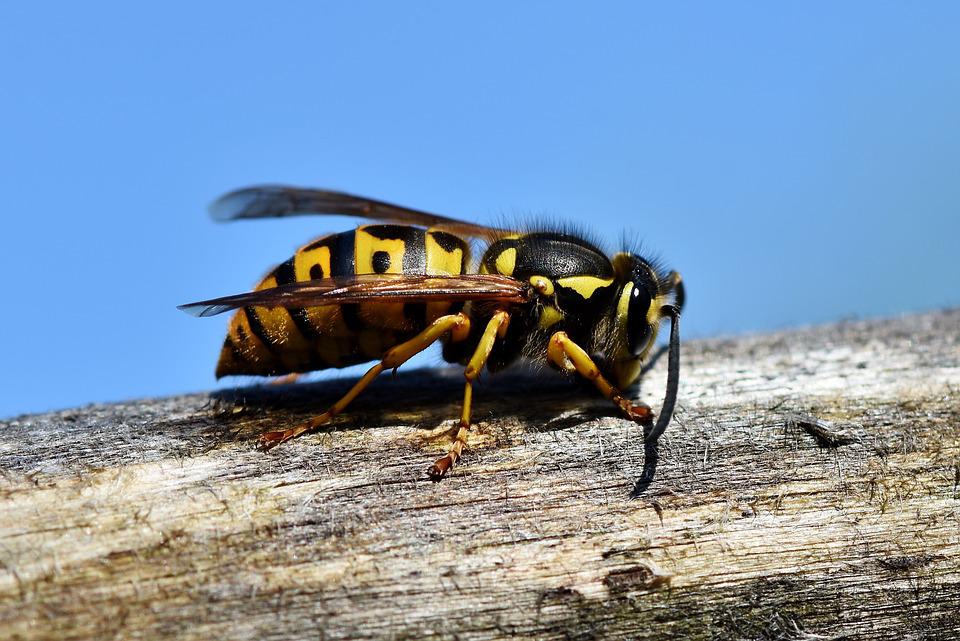
2. Parasitic wasps
Despite the awful-sounding name, these wasps actually don’t sting humans – instead, they help our gardens. The parasitic wasp lays its eggs on or in other insects as part of its gruesome life cycle (we are talking about a parasite, after all). By doing this, parasitic wasps kill common garden pests such as caterpillars and ants.
Parasitic wasps were produced on an industrial scale to be released into fields and greenhouses – they were made to be the good guys…or bugs.
Grow more of these plants in your garden if you want to see parasitic wasps in action: Dill, Cosmos, Marigold, Lobelia.
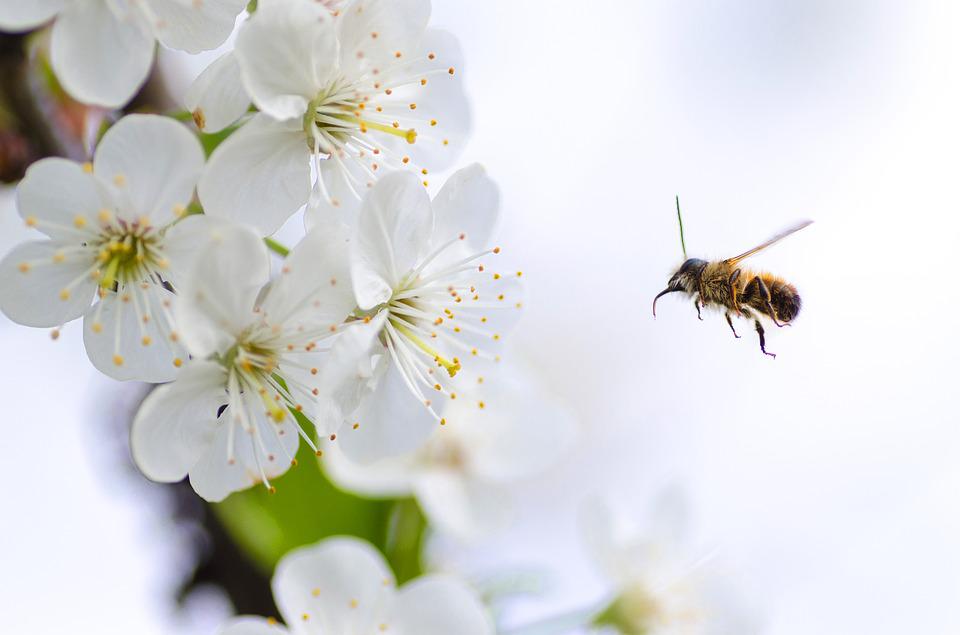
3. Honey bee
Everyone’s favourite insect! Honey bees are experts in the process of pollination. They spread pollen from flower to flower, which is critical for plants to reproduce. If we didn’t have bees as pollinators, flowers wouldn’t produce seeds or flowers in times where they need to.
Bees serve a critical and important role in the food chain, and we can contribute to this by keeping colonies healthy. By doing your bit, you are actively contributing to the ecosystem.
While each bee only makes one twelfth of a teaspoon of honey in its lifetime, they do a lot for us. Improving ecological agriculture would be a hard task for anyone…but not for the brilliantly bright honeybee.
How to Protect Beneficial Insects
- Do not spray pesticides preventatively: only apply pesticides when pest insects are present to avoid killing beneficial insects
- Spot treat only the problem areas
- Use low impact pesticides: use insecticides that are highly selective to a specific type of insect, so that they have low toxicity for others
- Invest in quality pest control services: if you find that you have an infestation in your lawn or garden, be sure to seek out expert support to ensure there is no excess damage to beneficial insects.
The Bad Insects
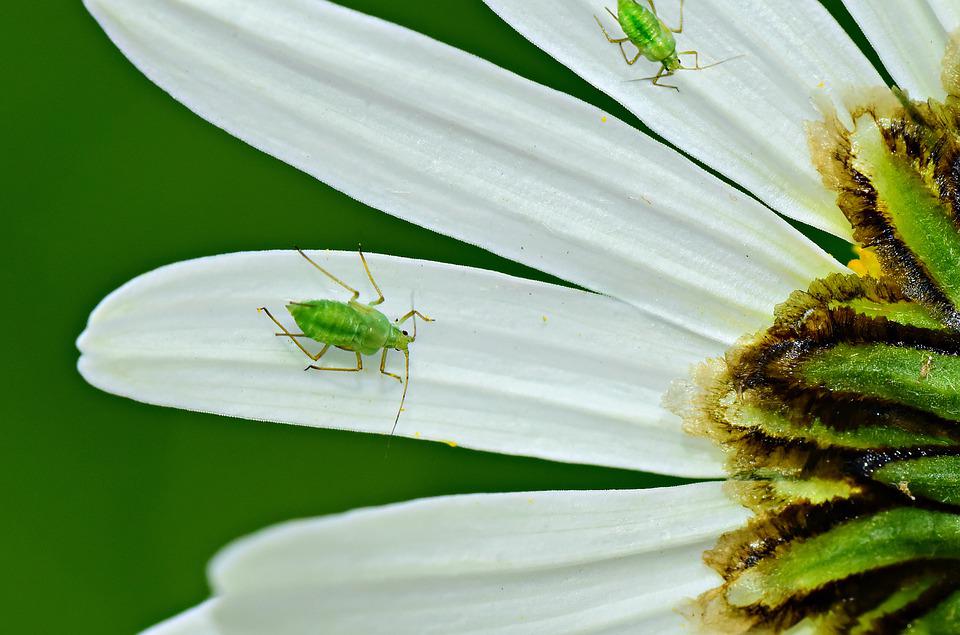
1. Aphids
These pear-shaped critters have long antennae and can be found on most types of fruit, vegetable and flower. Aphids aren’t fussy, and they can cause a lot of damage in the garden by sucking plant sap, which causes ruined foliage and the potential for mould growth. That’s not the only problem though, because where there are aphids, you will find ants.
Ants love to munch on aphids, so you can be sure that they’ll both be within the same area. Mounds of overturned soil can be produced by ant colonies, and this can cause scalping when mowing the lawn. Unfortunately, this results in most of the grass plant being removed, paving the way for weeds or moss to grow in its place instead.
Ants are a common problem in UK gardens. Find out how to get rid of them here.
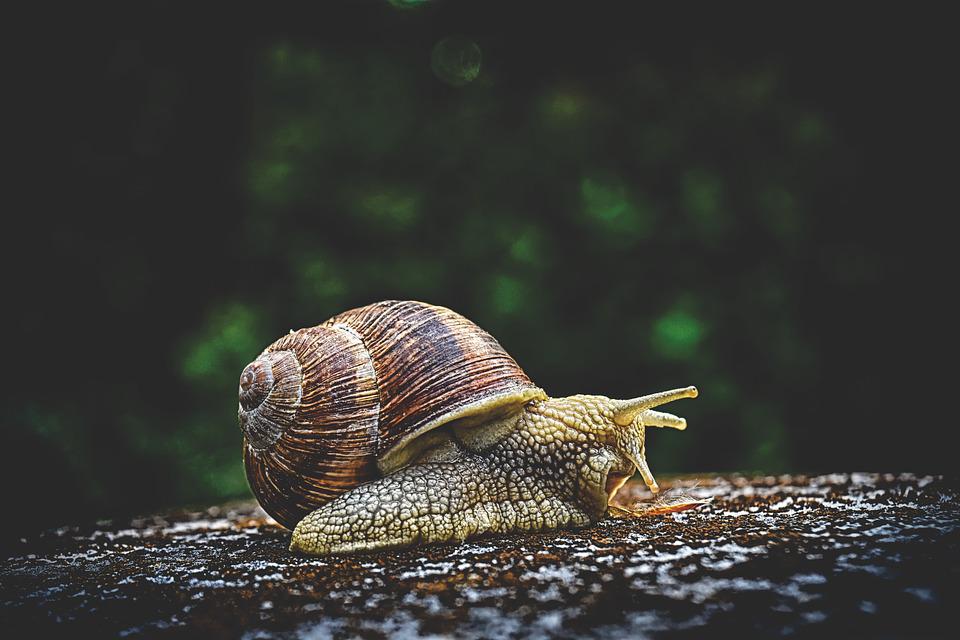
2. Slugs and snails
Much like hungry caterpillars, slugs and snails have the ability to munch holes through leaves, stems, flowers and bulbs all year long, causing widespread damage and the reduction of a good crop yield.
Don’t be fooled by their slow demeanour – they eat a lot faster than they move!
Within the span of 24-48 hours, you may find that your recently potted plants are looking a little worse for wear. Not only do slugs and snails create an eyesore, but a possible bellyache, too - they can also carry diseases and parasitic worms which can put your health at risk.
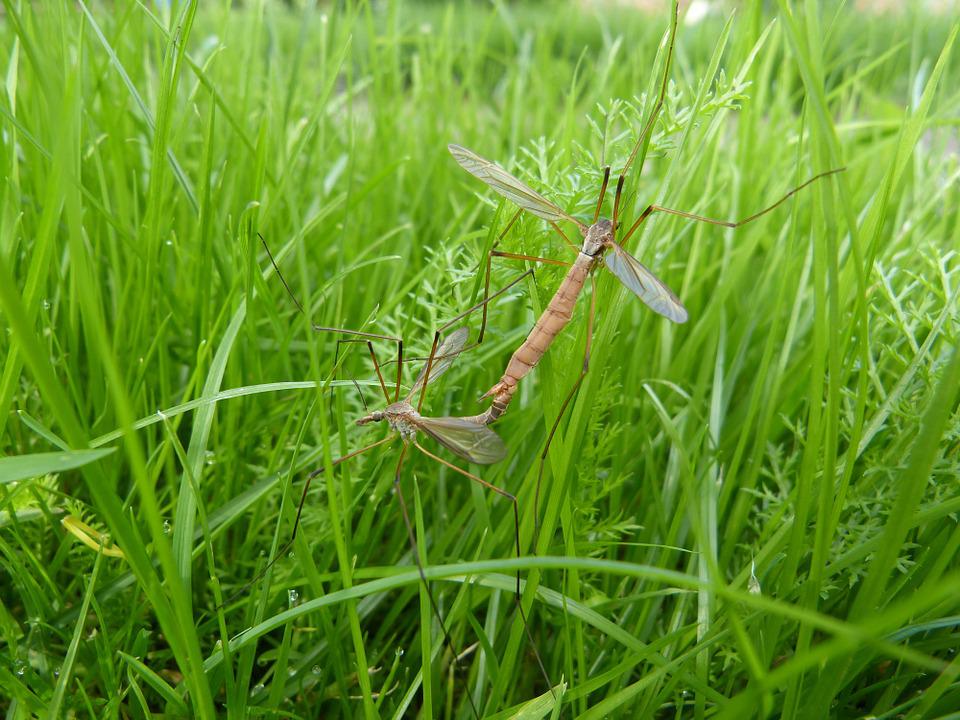
3. Leatherjackets (crane fly larvae)
Leatherjackets love lawns. They love lawns so much, that we even have our own page on how to identify and manage these critters. Crane flies love to lay their eggs deep in the ground of your lawn. Maggots then emerge from these eggs, ultimately feasting on your luscious grass stems and roots.
These larvae can continue to grow and cause ongoing issues all the way through winter and into early spring if left unchecked.
You can check for these larvae easily: simply have a general look at your lawn and see if you can find any patches of thinning grass. Put your green fingers on, and attempt to pull up a patch of grass. If it’s healthy, it won’t budge, and will stay in place by the root. If it’s been subjected to a leatherjacket grub, it will come away a lot easier.
Learn from the experts...
It can often be hard to tell which insects are which. After all, a lot of them do look similar, and we know that better than anyone!
Feel free to call us on 0800 111 4958 to discuss your lawn pests with an expert, or take a look at our variety of lawn pest control methods.
Get in Touch